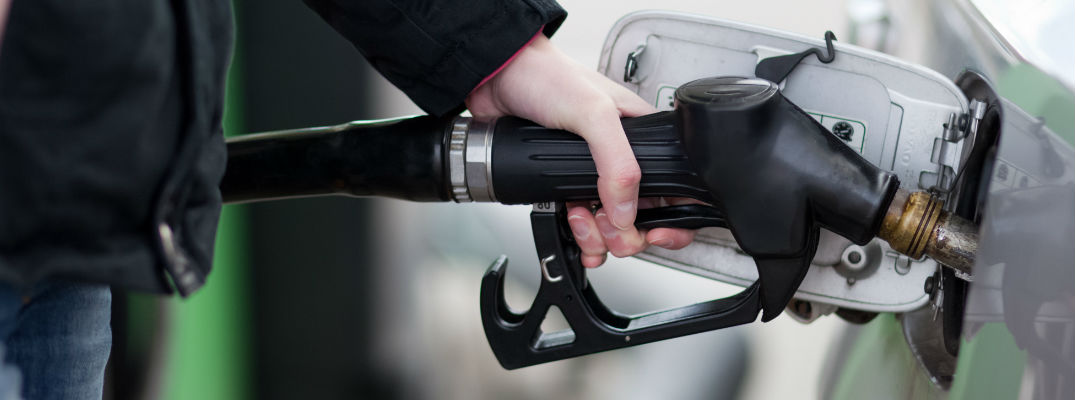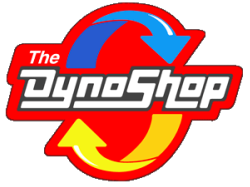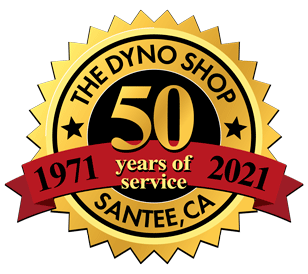 Along with quarterly preventative maintenance, we feel that if followed correctly, these steps can help you save a large amount of money every week on your fuel budget. The information provided here is by no means a comprehensive list, but for seeing large improvements quickly we have attempted to prioritize the most important facts. #1. Check Your Tire Pressure The importance of correct tire pressure cannot be overstated. One out of 4 tires being low by even a pound or two of air can easily add a large amount of drag to the vehicle and cause very poor fuel economy. If you don’t know what the pressure should be, consult your owners manual. If you can’t find that, many vehicles have a sticker in the drivers door jam that tells exact tire sizes and pressures, for maximum efficiency. Most quality repair shops, and even some ‘quick lube’ places will check your tire pressure for you, and set it correctly. #2. Wheel Alignment Wheel alignment is often the simplest cause of poor fuel economy, but also the most overlooked. It’s not something that can be see with the naked eye, unless it’s so bad that abnormal tire wear is present. Poor wheel alignment in the simplest terms means that all 4 of the wheels are not pointing in exactly the same place. Many things can affect the alignment of the vehicle. A pothole in the road, bumping a curb, wear and tear to the steering and suspension all can have a substantial affect on alignment. Take you vehicle to an authorized repair facility, and make sure they can a computerized alignment system. A simple alignment check can save you hundreds of dollars in fuel usage. #3. Keep The Engine tuned With computerized vehicles, the definition of what a ‘tune up’ is, has changed quite a bit. People don’t realize when their vehicle isn’t performing like it was when it was new. The computer system can compensate for a whole host of small problems, and keep the engine running great. But this doesn’t mean it’s running at maximum efficiency, and often times after a good tune up, people will remark “Wow! It hasn’t run like that in a long time, I never noticed the decline.” Much like changes in your eyesight, small amounts of change over long periods of time go unnoticed until you put on new glasses, and can see the difference. Replacing a dirty air filter, installing a new fuel filter, cleaning the pcv system, replacing work spark plugs and ignition wires and changing your engine oil all add up. Small changes that together make a big difference. If you haven’t had a ‘tune up’ check in 30,000 miles, better ask a professional to take a look, and see what your manufacturer recommends. A well tuned engine carries the additional benefit of long, trouble free operation as well as maximum fuel economy. If you have a yellow ‘Check Engine’ or ‘Service Engine Soon’ light illuminated then getting that fixed will almost always affect your fuel economy significantly. Many times people will say bah, that light’s been on for years, car runs great”, and their right, it does run fine, but it’s burning 15-20% more fuel than it should. When gas prices are high, that means an awful lot of wasted money. #4. Clean The Fuel Injection System Over time small particles and varnish build up inside the engine and fuel injection system. If left unchecked they can hurt fuel economy severely. As an engine runs carbon deposits build up on the intake vales, hurting fuel economy but also performance. If it’s been 30,000 miles since you’ve had your fuel injection system professionally cleaned, then it’s time to have this service done. There are many different methods to this service. Some places just put an additive in the fuel tank. This method does provide some small benefit, but it’s not as good as a full blown professional service. Look for someplace that has a machine to hook up to the vehicle. This will give you the best results, and overall best improvement. #5. Lay Off The Lead This is probably the most obvious of these solutions, but also the most effective. When accelerating hard from a stop, an engine burns a minimum of 50% more fuel than if accelerating gradually. Slowing down on the accelerator will make a big difference in the cost of your daily drive. These are a few good suggestions that can help ease the pain of high fuel prices. Let look at just a few more: -Let you car warm up before driving – a cold engine requires 30-50% more fuel to produce the same power and smooth operation. -Carpool – Seems simple, but hey it works. -Install the correct tires – changing tire sizes almost always adversely affects fuel economy. -Have the brakes professionally serviced – over time road salt and grime with cause the brakes to stick, even just slightly, causing a huge decline in fuel economy. -Cut down on the weight you carry – the more weight in a vehicle, the harder the engine must work to provide the same power, cutting fuel efficiency sometimes in half. Empty the junk from the trunk! -Install a new gas cap – the government did a study and found that nationally 50 million gallons of gas evaporates into the atmosphere every year from loose, missing or broken gas caps. We hope you have enjoyed these helpful tips. Keep in mind that every little bit helps. Please feel free to contact us if you have any additional questions or are in need of service. We’d be happy to serve you. Give us a call today 619-562-3933
2 Comments
|
Categories
All
Archives
January 2020
|
The Dyno Shop
10042 Prospect Ave, Santee, CA 92071
(619) 562-3933
Business hours:
Monday through Friday, 8:00 am - 5:00pm*
Closed on Holidays
EZ Auto Registration hours:
Monday through Friday, 8:00 am – 5:00 pm*
Closed on Holidays
*Closed from 11:30 am to 12:30 pm daily - but we will be answering the phone :)
Thank you for your continued patronage!
10042 Prospect Ave, Santee, CA 92071
(619) 562-3933
Business hours:
Monday through Friday, 8:00 am - 5:00pm*
Closed on Holidays
EZ Auto Registration hours:
Monday through Friday, 8:00 am – 5:00 pm*
Closed on Holidays
*Closed from 11:30 am to 12:30 pm daily - but we will be answering the phone :)
Thank you for your continued patronage!
Powered by Benchmark Email
© 2017 The Dyno Shop

 RSS Feed
RSS Feed


